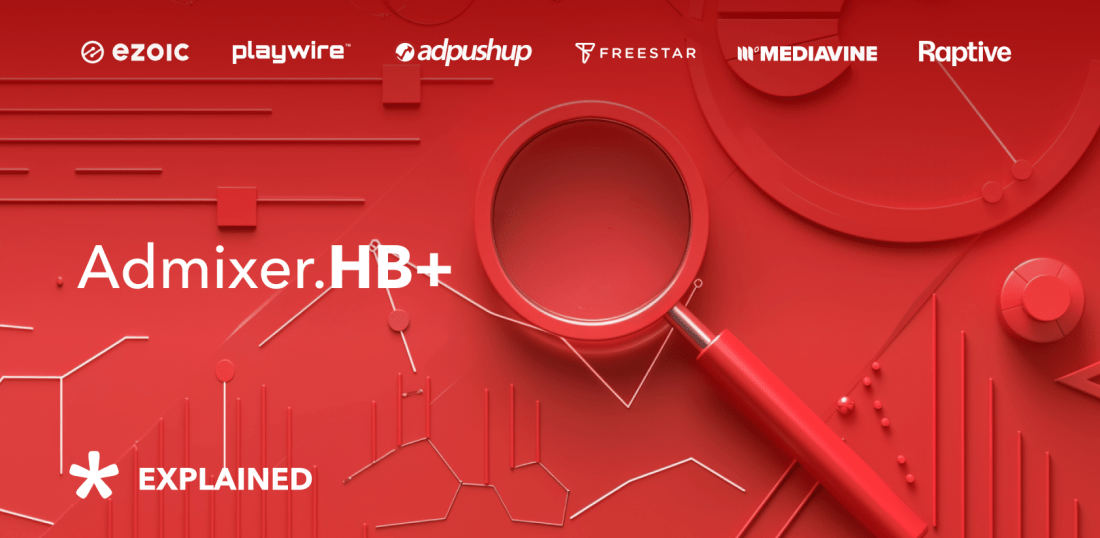
IAB ALM 2020: In Quest of Cookie Alternatives
Intro
Last week, the 2020 IAB Annual Leadership Meeting (ALM) at Palm Desert, California, gathered adtech leaders to discuss the latest industry trends and challenges. Market players were focused on the improvement of consumer experience, big data, artificial intelligence, media buying automation on TV, and 5G. However, the key topic was users’ privacy, and cookie-free environment implementation on the Internet within the nearest years.

Since Google announced the upcoming elimination of 3rd party cookies in its Chrome browser by 2022, the finding of alternative user identification methods is on agenda. Our CEO, Aleksey Boltivets, who’s also the President of the IAB Ukraine, Volodymyr Zakrevskyi, CTO, and Yaroslav Kholod, Director of Programmatic Division, attended this event and brought us the background of the meeting and insights.
Backstory
In 2018, the new edit of the GDPR (General Data Protection Regulation) came into force and affected the policy on the privacy of every single website within the EU jurisdiction subordination. The main requirement is that if you use cookies, you need to ask for consent from users before setting any cookies. Meanwhile, the US found it possible to sidestep the regulation and kept all the same approach in regard to data collection process.
However, on January 1, 2020, the CCPA (California Consumer Privacy Act) became effective, and it’s about to be the beginning of cookies collection policy transformation in the US. The bill is granting a consumer a right to request California-reside business to disclose the categories and specific pieces of personal information that it collects about the consumer. For the time being, other federative states are considering the implementation of proper regulations.
Key suggestions and objections
Today, the industry players are puzzled about how to figure out the situation of the upcoming cookie-free era. Cookies are advertisers’ compass in their campaigns, and very soon it will be demagnetized. There are two ideas in this regard that were discussed at the conference. The first one is email identification. To avoid undesired information disclosure (the mailbox details), it’s suggested to use asymmetric encryption.
This method allows to encrypt user’s email address which provides privacy security, but it contains behavioral data that belong to the email owner. This means that if the visitor enters the email address in a form at the website, a publisher will obtain the user’s browser history and activity log, but the publisher won’t see the email address.
Such an idea met quite a skeptical reaction among IAB ALM attendees. The implementation of this approach means that the users will have to provide their email addresses before entering every single website. Let’s be honest. When you google something and then follow a random link and see a form to fill with your data, it irritates and evokes a desire to leave the page, agree? It can work for popular resources, but small publishers will lose their potential visitors.
The other negative factor here is that there is no opt-out function. While cookies can be easily deleted from a browser, user data that attached to the email address can’t.

And the third bottleneck is that the biggest email providers, which are Google and Apple, support the ability of users to register multiple accounts. Apple even recommends users to enter fake emails when they make a purchase in an e-shop. With this, the creation of actual user background is impossible.
Also, IAB Tech Lab representatives picked up the idea and announced a similar solution. It also implies email identification but in a bit different way. To avoid repetitive email indication, they suggested developing a plug-in for the browser where the user would type in his mailbox address just once. The problem is that the plug-in should be installed by each user manually which seems to be a questionable initiative.
For instance, there are less than 30% of connected devices in the US that use one of the most popular Chrome extensions — AdBlock. If people neglect the opportunity not to see ads with the AdBlock extension, it’s unlikely they will be encouraged to install software to see ones.
About Rearc
To find a solution that would cover all ad tech industry players’ needs, IAB launched the Rearc project. This troubleshooting project aims to rearchitect digital marketing and to find comprehensive alternatives to cookie files. The Rearc unites leaders from the brand, agency, publisher, platform and technology industries. They welcome any ideas and initiatives that can help with the issue, so if you have some — feel free to join the collaboration. As an active player of the adtech industry, Admixer is also going to participate in the Rearc project.



